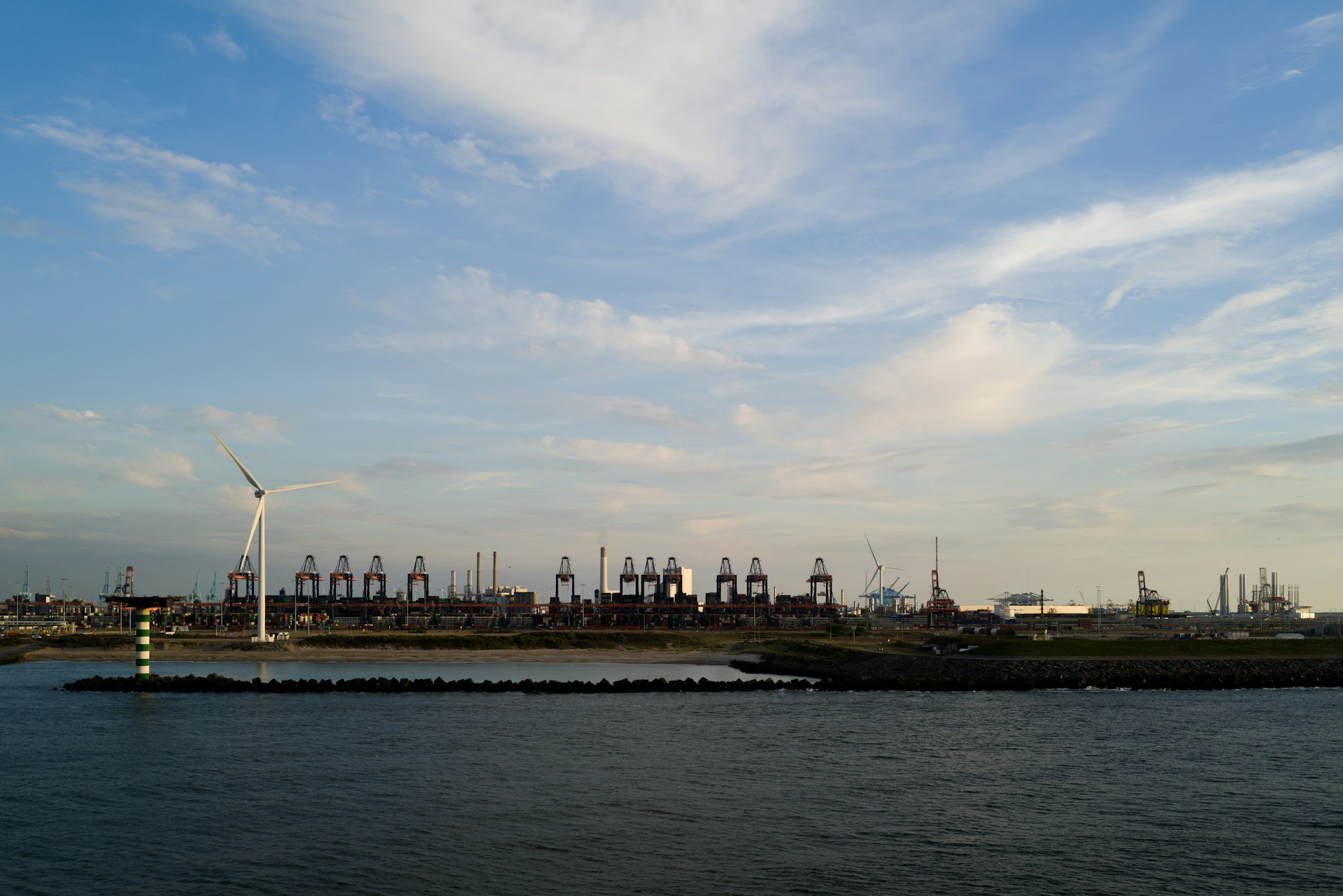Rotterdam: Mandatory Secure Chain Collection for Some Shipments

Starting October 1, 2024, container shipments from the Middle East, Africa, India, and Pakistan must use the Secure Chain system at the port of Rotterdam.
From this date, major shipping lines will stop issuing PIN codes, ensuring that containers from these regions are consistently and securely released using the new protocol. Under the Secure Chain framework, terminal access will be limited to authorized hauliers, rail operators, and barge operators.
This is the third phase of Secure Chain implementation in Rotterdam, following its successful adoption for Latin American cargo starting April 1. North America will transition on July 1, with efforts ongoing to integrate all shipping regions into the Secure Chain approach.
Major deepsea shipping lines—such as COSCO Shipping, CMA CGM, ONE, Hapag-Lloyd (via Secure Container Release), HMM, Evergreen, Maersk, Marfret, MSC, OOCL, Yang Ming, and ZIM—unanimously support this initiative. This ensures Rotterdam now operates with a unified method for secure and reliable import container handling, eliminating the need for PIN codes.
Since its inception, the Secure Chain has handled nearly 275,000 containers and has been embraced by approximately 950 shippers/ship agents and 800 inland operators.
Additionally, this collaborative initiative between industry stakeholders and authorities enhances port logistics through digital resilience, particularly improving the secure release and collection of import containers via the neutral Port Community System of Portbase in Dutch ports.